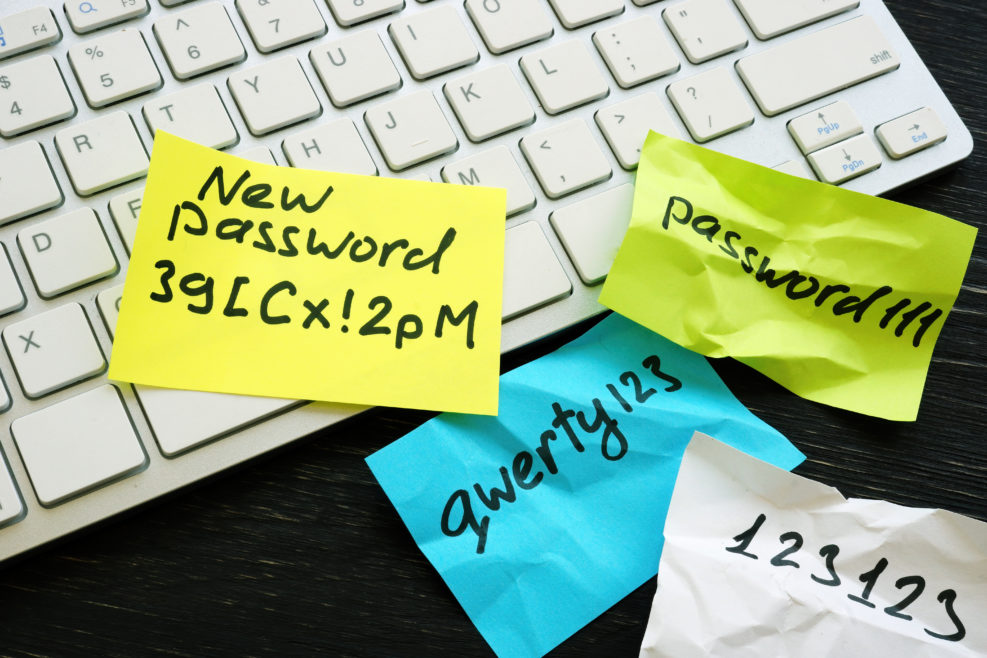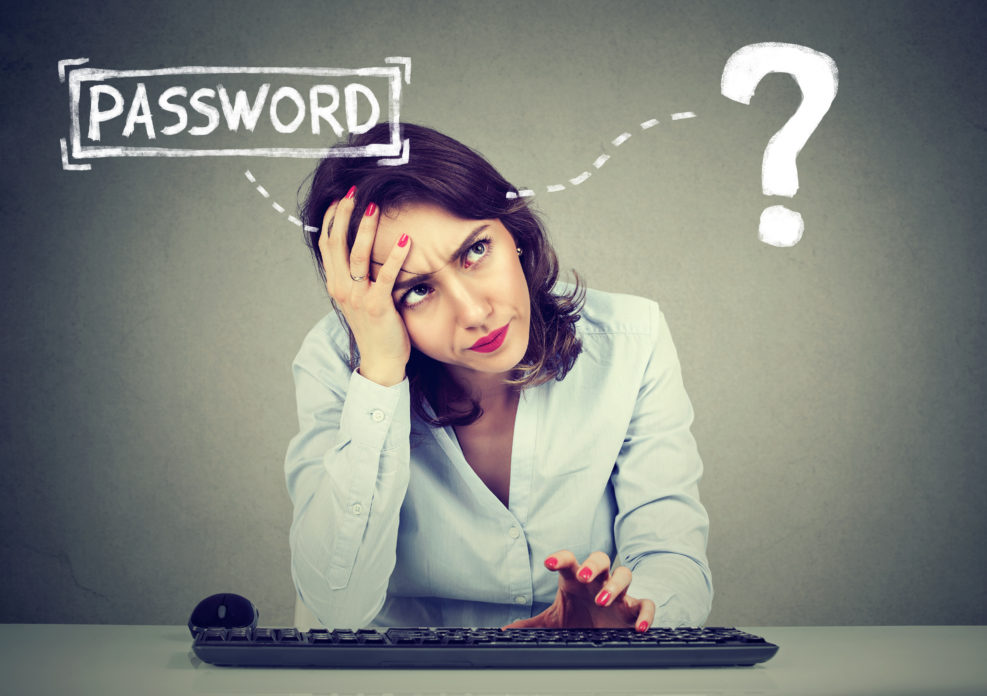
Forget Your Password? Apple Wants To End Them for Good But…
Do you want to give Apple your face- and fingerprints, maybe other “biometrics” down the road…?We’ve all heard the tales of woe about people whose password was “password” or “123456” or “BertJones”. Currently, Big Tech, tired of the flak and the fallout, is trying to end passwords. Here’s Apple’s approach: When Apple’s latest software updates for iPhones, iPads and Macs arrive this fall, they will include a way for users to log into various online accounts without entering passwords or relying on password managers to save and fill in credentials. The technology generates unique passkeys for each app or browser-based service in the place of characters. Those passkeys, a new type of identity authentication, prompt a scan of your face or fingerprints to log you in… Passkeys, like those from Apple, are made up of Read More ›
